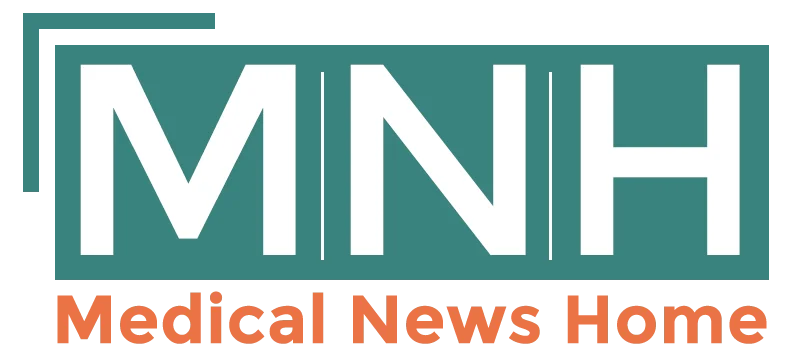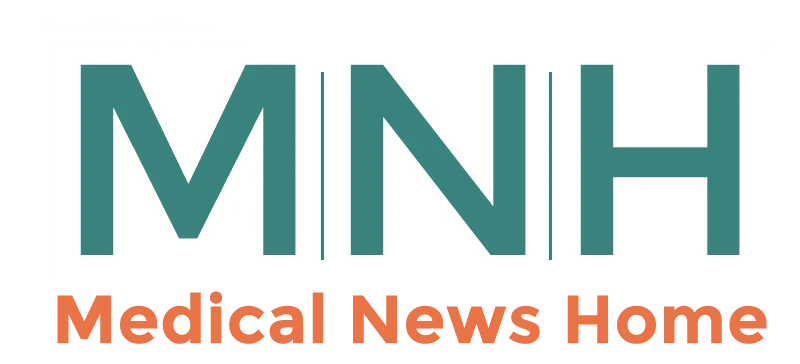Understanding the Role of Deductibles in Healthcare Coverage
- Updated on: May 6, 2025
- Published on Dec 21, 2023

Deductibles in health insurance are key cost-sharing mechanisms, affecting both healthcare utilization and policyholder financial responsibility.
Understanding the Role of Deductibles in Healthcare Coverage
Understanding key terms is crucial for health leaders and policymakers in the health insurance sector. The term ‘deductible’ in health insurance is fundamental, yet often misunderstood or overlooked. Let us see what does deductible means in the context of health insurance, its impact on policyholders and insurers, and its strategic importance in healthcare management.
Defining the Deductible
A deductible in health insurance is the amount a policyholder is required to pay out-of-pocket for covered healthcare services before the insurance plan starts to pay. It is a crucial component of many health insurance policies, influencing both coverage and costs.
The Role of Deductibles in Health Insurance
Cost Management: Deductibles are designed to share the cost of healthcare between the insurer and the insured. This cost-sharing mechanism helps in managing healthcare expenses and preventing overutilization of medical services.
Policyholder Engagement: A deductible encourages policyholders to be more conscious of their healthcare spending, promoting cost-effective decision-making.
Premium Determination: Generally, plans with higher deductibles have lower monthly premiums and vice versa. This offers policyholders a choice based on their healthcare needs and financial capabilities.
Types of Deductibles
Individual vs. Family Deductibles: Individual deductibles apply to each person, while family deductibles cover all members of a family plan.
Embedded vs. Non-Embedded Deductibles: Embedded deductibles combine individual and family deductibles, offering more flexibility.
Calculating Deductibles
Understanding how deductibles are calculated and applied is crucial. It’s not just about the amount to be paid; it’s about understanding what services are covered, what counts towards the deductible, and how co-payments and coinsurance factor into the total cost of care.
Strategic Implications for Health Leaders
Policy Design and Pricing: Health leaders must balance deductibles with premiums to design policies that are attractive to consumers and financially viable.
Consumer Education: Educating policyholders about the implications of deductibles on their healthcare costs and choices is vital for informed decision-making.
Healthcare Access and Utilization: Deductibles can influence healthcare access and utilization patterns, affecting public health outcomes.
Impact on Healthcare Providers
Healthcare providers must navigate the deductible landscape when determining payment structures and discussing costs with patients. Providers also play a key role in educating patients about how deductibles work within their specific health plans.
Challenges and Considerations
High Deductible Health Plans (HDHPs): While they lower premiums, HDHPs can lead to higher out-of-pocket costs, potentially impacting healthcare access for some individuals.
Policyholder Behavior: Deductibles can influence patient behavior, sometimes leading to delayed or foregone care due to cost concerns.
Administrative Complexity: Managing deductibles adds complexity to billing and insurance claims processes for providers and insurers.
The bottom line
Deductibles are a pivotal aspect of health insurance, impacting policy design, cost management, and healthcare utilization. Health leaders must understand and effectively communicate the implications of deductibles to ensure that policies not only meet financial objectives but also support the healthcare needs of the population.


